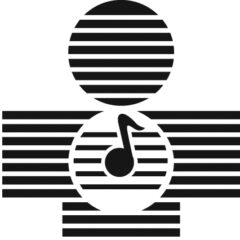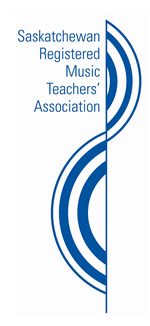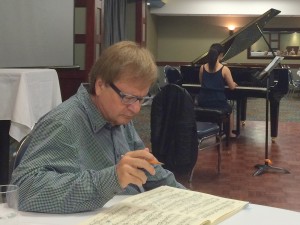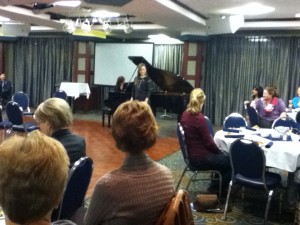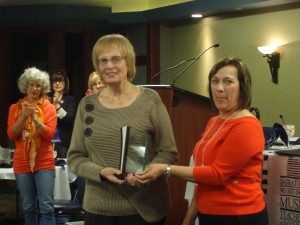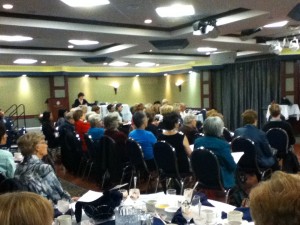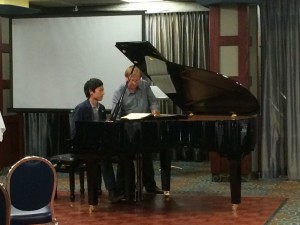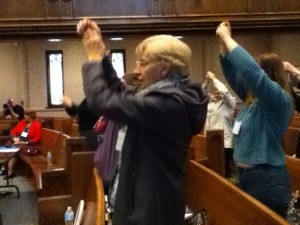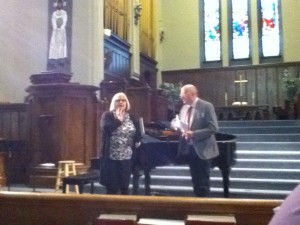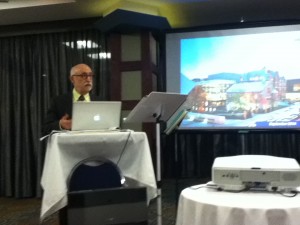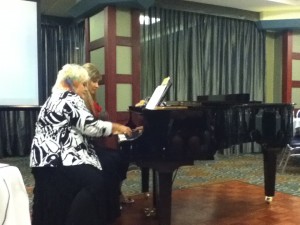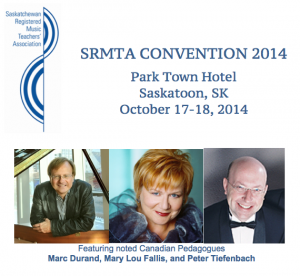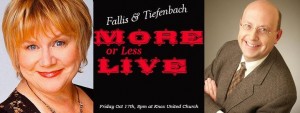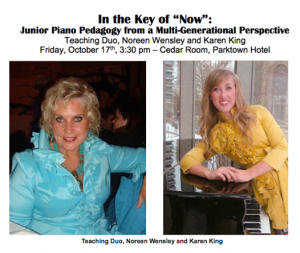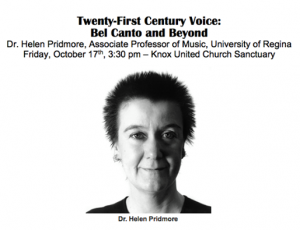PDF version of masterclass announcement attached below
On Saturday, October 29th, as part of the SRMTA Provincial Convention, one of the main presenters, Jarred Dunn, will be giving a masterclass to advanced piano students, focusing on Chopin’s repertoire. Three students will each have 30 minutes to perform their selection and work with Jarred Dunn on a piece by Chopin. The planning committee would like to gauge the level of interest of teachers and students in the province in participating. To this end, we are asking teachers to submit names of interested students who are working at a Grade 10 level or higher and will have a Chopin piece ready by the fall. Please email Laurien Gibson by July 16th, 2022 to express interest.
In order to give students time to learn a piece over the summer, we are asking that students submit a video of themselves playing the piece they would like to perform in the masterclass by September 16th, 2022. The videos should be sent to Laurien Gibson. The convention committee will then select promising performances and send them on to Jarred Dunn who will then choose the three students who will perform in the masterclass. Students will be informed of their participation by October 1st, 2022. The cost for the participating students is $50.00.
We hope this will be an enriching experience for the participants, as well as for everyone who watches the masterclass. Jarred Dunn’s biography follows on the second page.
Jarred Dunn
Yamaha Artist Jarred Dunn has been described by critics as “evocative and mystical” (New York Classical Music Guide), “technically perfect” (Belarus First Radio), “a piano sound-colour magician” (Muzikos Barai, Vilnius), and “a virtuoso with the most exquisite touch” (Freethought Today, Madison) Featured on the CBC’s Top Thirty Under Thirty: Hot Canadian Classical Musicians of 2018, he has hosted This is My Music, was the subject of the CBC’s Five Things I Learned from Maria João-Pires, and been heard on CBC Radio, Belarus First, Freethought Radio-Television Madison, WWFM: The Classical Network, and WQXR New York.
Mr. Dunn won First Prize and Concerto Award at the Seventh Lithuanian Chopin International Competition (Vilnius 2018) and was a Prizewinner at the First Jan Hoffman International Competition (Kraków 2019). He has appeared with the Vilnius Chamber, Belarus Radio-Television, Toruń, NOSPR Katowice, Budapest Chamber, Sinfonia Toronto, and Niagara Symphony Orchestras, among others. He has performed as a recitalist and chamber musician in North America, Europe, and Australia. Following an all-Chopin recital in Warsaw, one critic described his “virtuosity, amazing sense of style, elegance and noble – but not excessive – sensitivity…beautiful piano and powerful forte, melodious – but not sugary – cantilena, broad phrasing and very rich, nuanced range of sounds” (Nina Sankari).
Noted as “a revered pedagogue” by Tonebase Piano, he is frequently sought after for master classes, lectures, and competition judging. He has presented research papers, lectures and master classes at Canadian, American, and European music universities, most recently Queen’s, Carleton, Ottawa, Toronto, Puget Sound, Katowice, and Bydgoszcz. He has taught numerous master classes, seminars, and lecture-recitals online for music associations and schools around the world, helping teachers and students access music education and enrichment during the pandemic.
After graduating with his BM in Performance at the University of Toronto (WO Forsyth Graduation Award), he took Professional Studies at The Juilliard School with Jacob Lateiner, Yoheved Kaplinsky, and studied with Dorothy Taubman in New York. He graduated with distinction from the piano class of Prof. Anna Górecka at the Karol Szy manowski Academy of Music in Katowice (MM, Diploma). He holds a Artist Diploma from the Bydgoszcz Academy of Music where he was a student of Prof. Katarzyna Popowa-Zydroń. In Europe, he coached with Dmitri Bashkirov, Andrzej Jasiński, Robert Levin, and Maria João-Pires.
